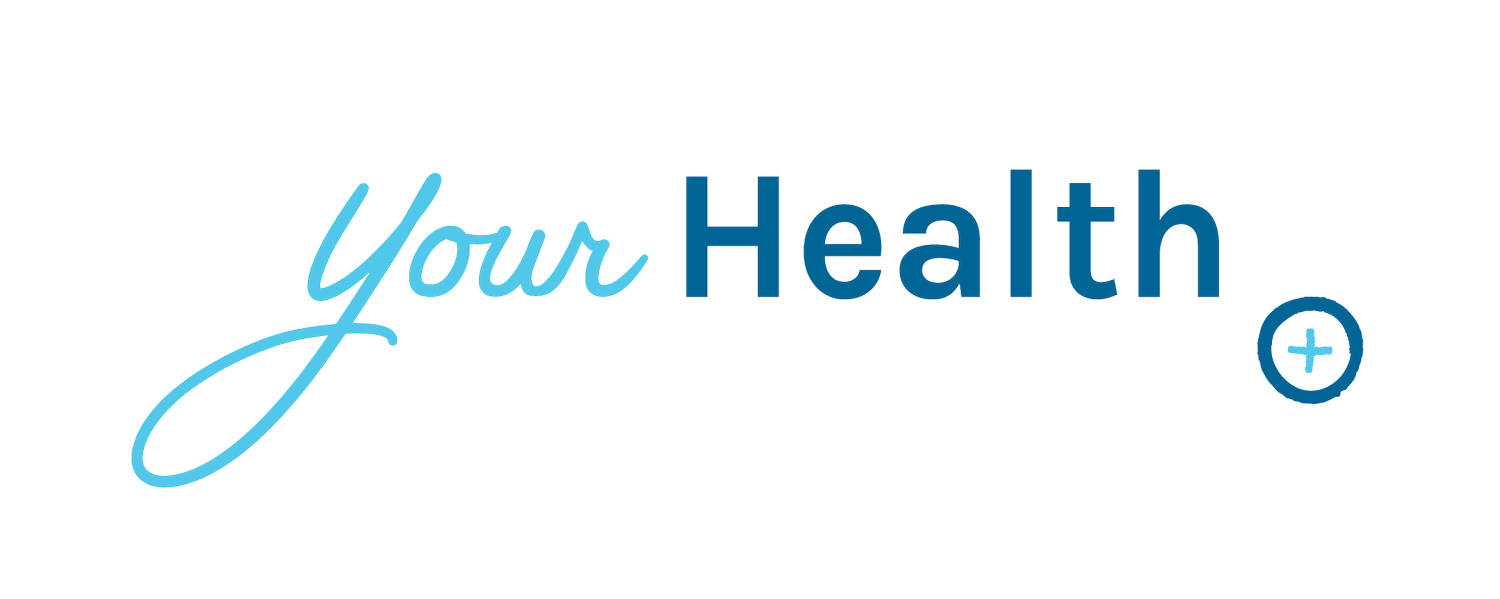Someone was Unkind to Me
Incivility—a silent threat often manifested in subtle snubs, condescending remarks, or passive-aggressive behavior—is a subtle yet pervasive issue significantly impacting employee engagement and patient experience.
The impact on a company as a whole is astounding. From decreased employee engagement to diminished patient experience, and ultimately the financial implications, such as increased turnover, decreased productivity, higher healthcare costs associated with stress-related illnesses, and increased sick days, can all significantly impact an organization's bottom line.
A study by the Workplace Bullying Institute in 2017 revealed a staggering statistic: 98% of healthcare workers reported experiencing incivility, with 19% encountering it daily. Such widespread exposure to unkindness can lead to a host of negative outcomes. According to a 2022 survey, 76% of workers experience incivility at least once a month, and 78% witness it at least once a month.
According to Carnegie Mellon University’s Binyamin Cooper and colleagues (2022), rudeness constitutes a “low-intensity negative behavior that violates norms of civility” that can interfere with a person’s ability to get work done.
Building a Culture of Kindness: Why People Are Rude and Unkind (and Why It’s Not About You)
Try to believe that people are inherently good, and only do bad things in reaction to bad situations. Being unkind, more often than not, is a reaction to anger with ourselves or our perceived inadequacy. When you find people being rude to you in your everyday life, they are being mean to themselves.
They have likely convinced themselves that they are unworthy, which is the biggest tragedy. You don’t have to tolerate it when others are not nice, but it’s not something to take personally. You don’t have to internalize the meanness as a fault of your own. You can recognize that the rude person struggles with their problems and needs a way to cope. You cannot control the actions and behaviors of others, only your reactions to them.
“How people treat other people is a direct reflection of how they feel about themselves.”
If you are the unkind one, it is time for self-reflection. Why do you attack people? What are you trying to protect yourself from? The critical thing to remember, whether you are receiving or giving unkindness, is that you are inherently good, too, and what you or someone else tells you doesn't matter.
Healthcare organizations can improve employee engagement, enhance patient experience, and ultimately deliver high-quality care by taking proactive steps to foster a positive and supportive work environment.
“Whether you’re a CEO, a team leader, or a person from any walk of life trying to make a difference, you’re going to be judged for the little moments, so please make the most of them. In every interaction, you have a choice. Do you want to lift people up or hold them down? Who do you want to be?”
